Implementing Inequality
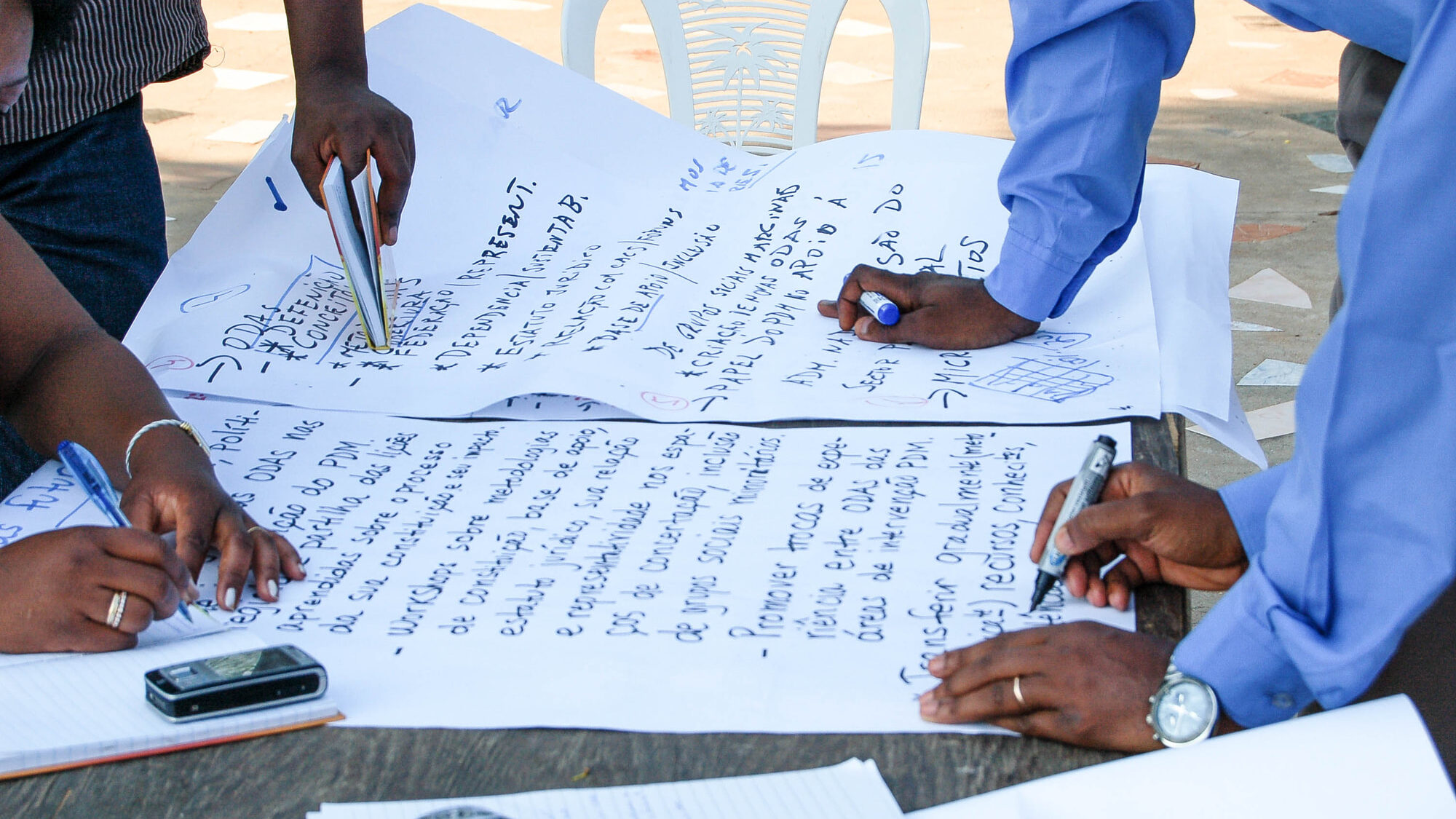
Implementing Inequality: The Invisible Labor of International Development
Published in January 2020, Implementing Inequality examines the international development industry’s internal social dynamics and how they inadvertently replicate global inequalities.
An ethnographic study of development work in postwar Angola, Implementing Inequality demonstrates how the international development industry’s internal social dynamics inadvertently replicate global inequalities. Underestimating the intense relational work of the development implementariat, its in-country implementation agents, the development industry sabotages itself and must revisit how to assess its work and workers.
Implementing Inequality is a rare book that comes alive in the best tradition of ethnographic description while building on solid theory.
-Mark Schuller, author of Humanitarian Aftershocks in Haiti
Visit the reviews page for more opinions on the book.

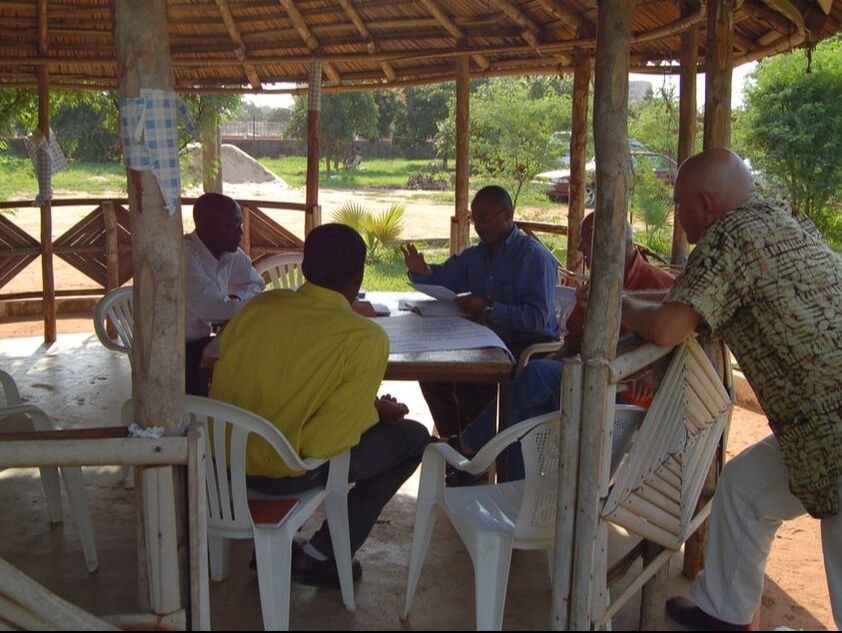
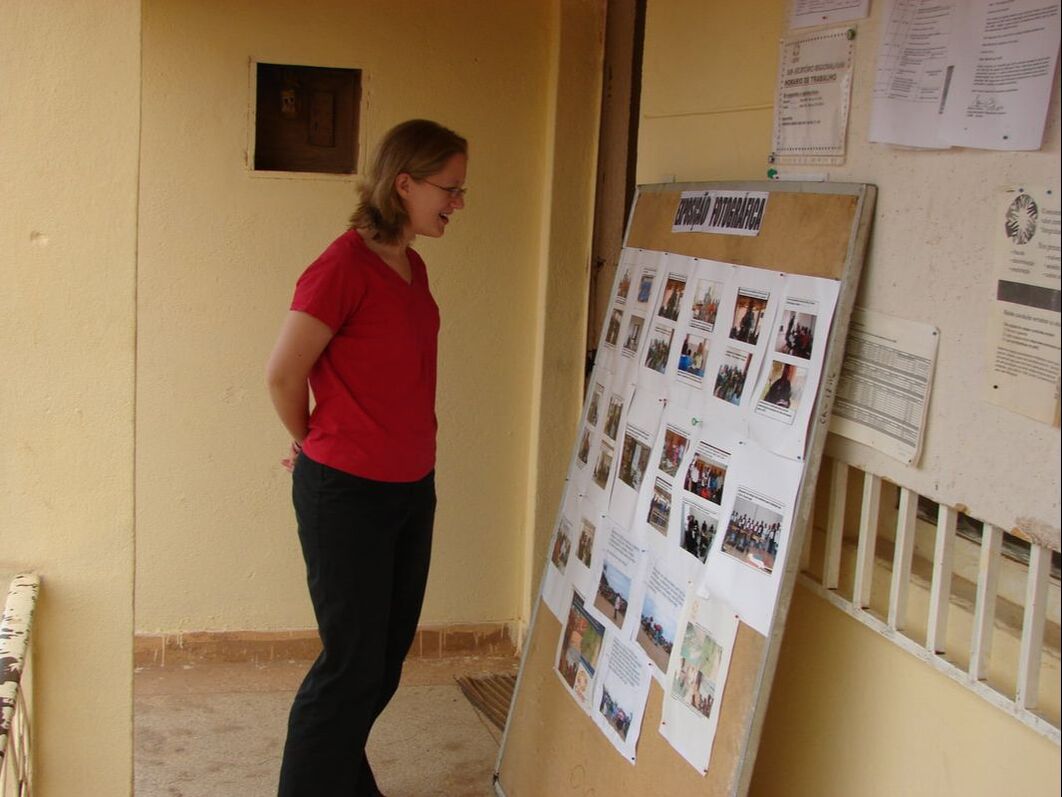
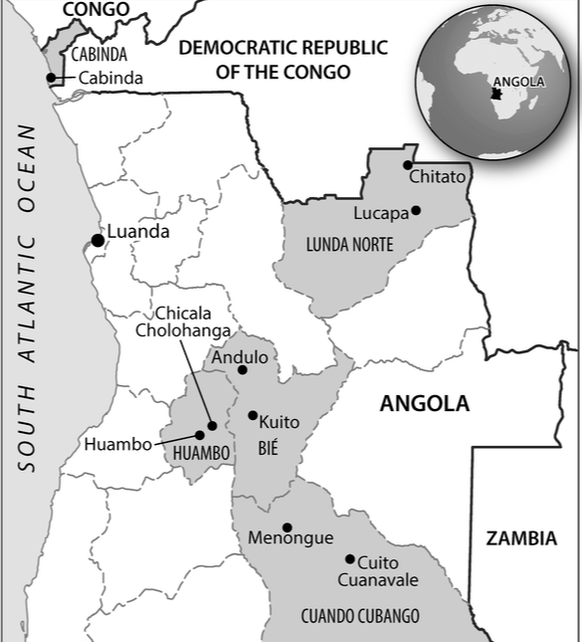
Introduction: Inside the development encounter
Chapter 1: development hierarchies
Chapter 2: Development’s inputs and outputs
Chapter 3: Reinforcing hierarchies: monitoring and evaluation
Chapter 4: Designing interventions for peers, not beneficiaries
Chapter 5: Partnership and the development praxiscape
Conclusion: Development without borders
This is a timely and well-judged analysis of the ‘internal inequalities’ that exist at the heart of the project of international development.
-David Lewis, author of Non-Governmental Organizations, Management and Development
Teach Implementing Inequality
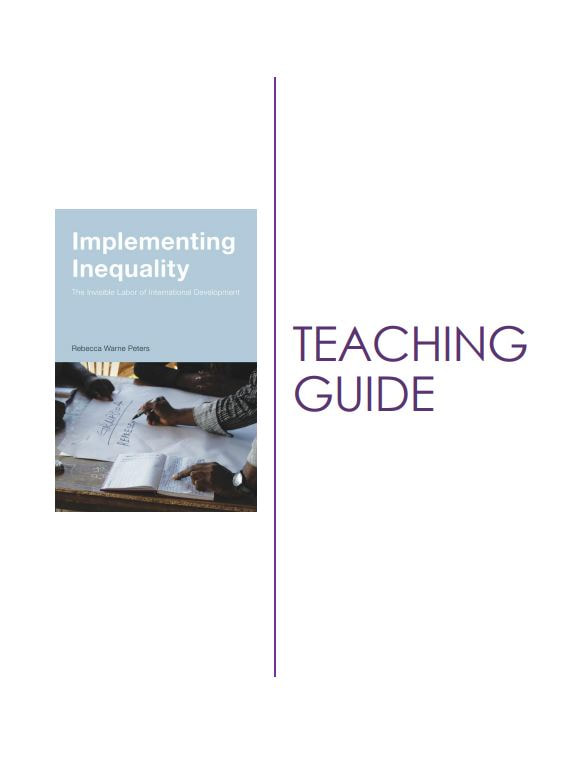
I hope you’ll consider incorporating Implementing Inequality and its themes into your courses. This page includes many plug-and-play resources to provide students with essential context and to kick start the discussion.
Resources include:
- Teaching Guide
- PowerPoint slides
- Angola one-pager
Learn more and download the materials on the Teaching page.
Additional Reading
Many of my journal articles complement Implementing Inequality through the exploration of themes such as how definitions of “local” and “international” staff constrain development professionals and the differential benefits afforded to each group with respect to cosmopolitan and transnational identities.
I have also edited two collections that explore Africa and development more widely. The Critical African Studies collection reflects on methodological and theoretical issues inherent in the project of studying up anywhere. The collection in Critical Policy Studies focuses on relationality in development work and state-society frontline relationships.